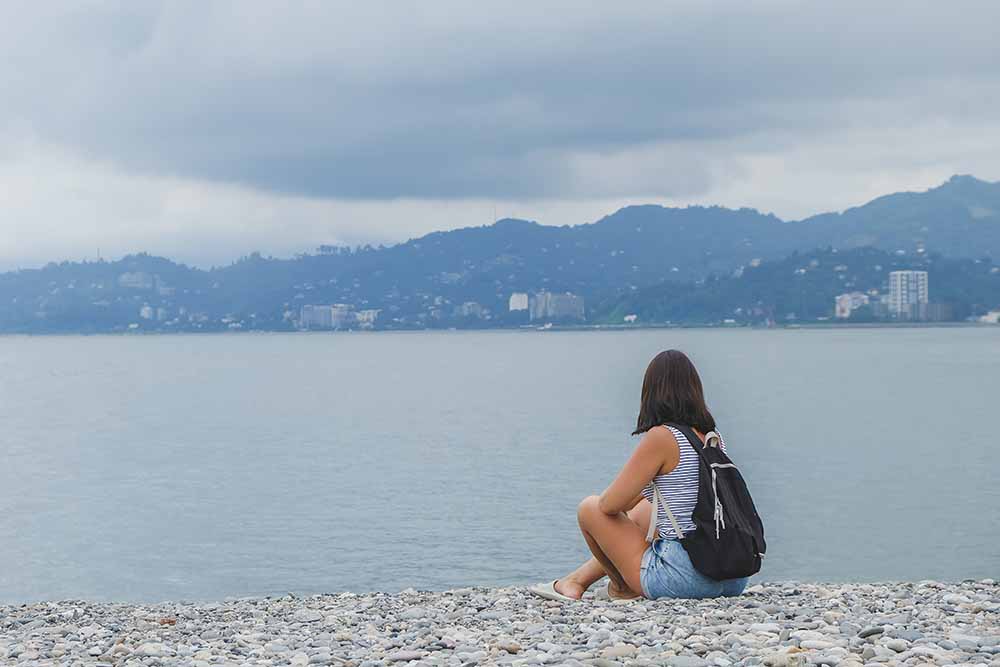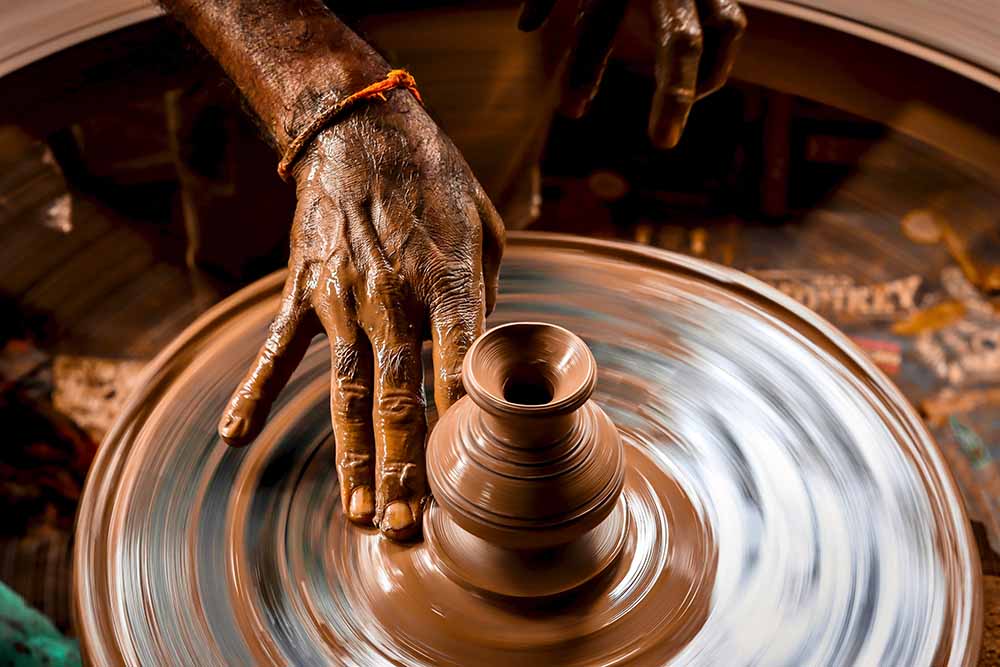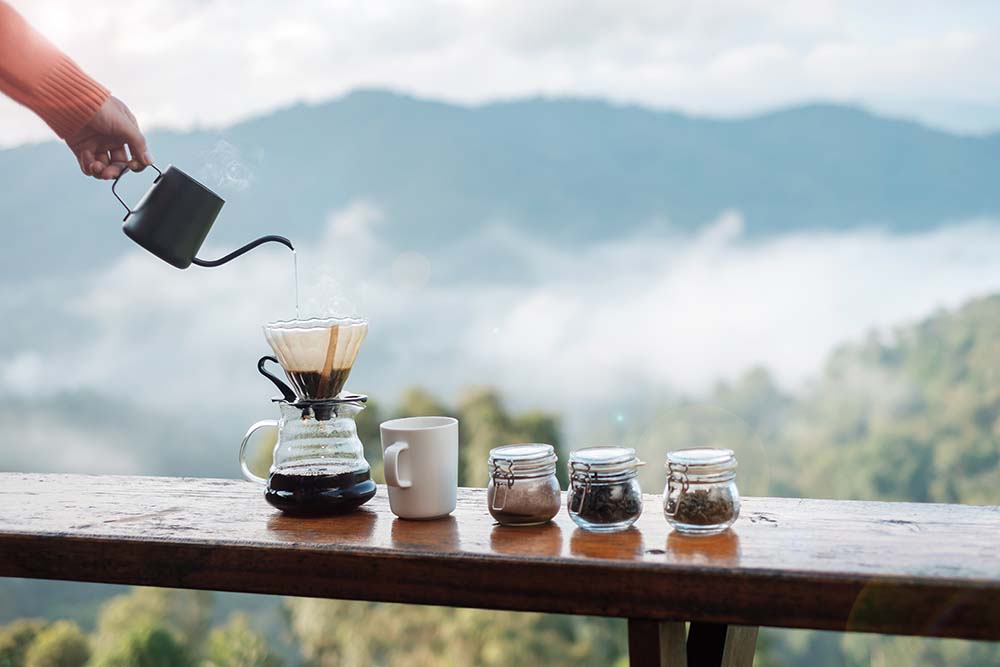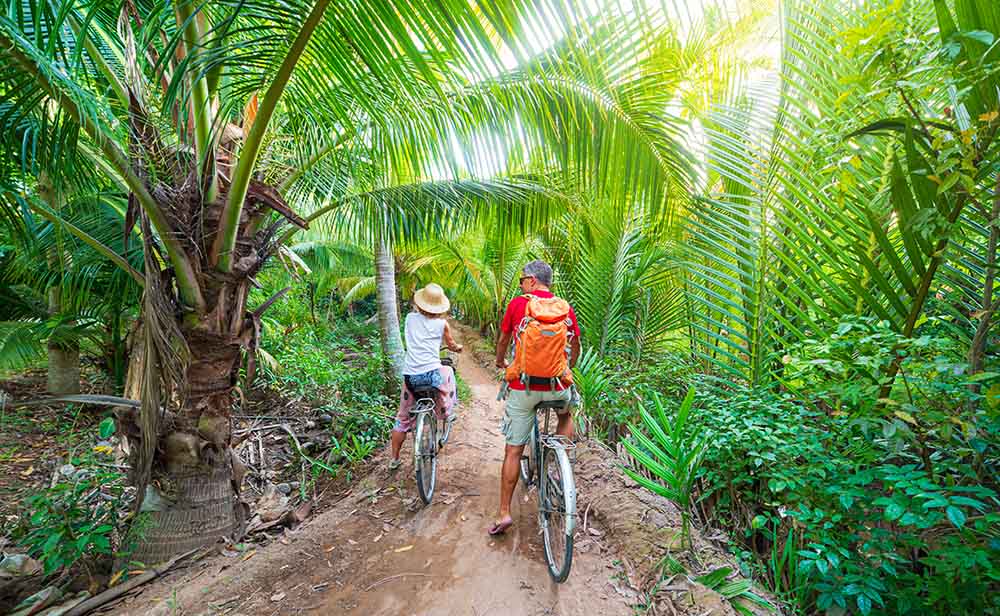The demand for fast-paced tour packages – ‘Around Europe in 10 days’, ‘Explore South India in 7 Days’ continues to fuel the Asian Travel market. Consumers want to pack in as much as possible into their limited vacation time, whether it is touring 3 countries in 10 days or exploring 5 cities in a week. While this sounds exciting, the environmental repercussions are massive. According to UNWTO, by 2030 transport-related CO2 emissions from tourism are expected to grow 25 per cent. This growth in CO2 emissions will represent 3 per cent of all man-made emissions in 2030 (from 5 per cent in 2016). Transport-related emissions from international tourism are expected to grow 45 per cent from 2016 to 2030 and private jets are responsible for around 4 per cent of all aviation emissions.
India is recording the highest growth rate in carbon emission among the world’s major warming contributors, revealed a 2023 report titled 'Global Carbon Budget', published during the COP27 climate conference. A 2019 study titled 'The carbon footprint of global tourism' by the University of Sydney revealed that India had the world’s fourth-largest carbon footprint from tourism between 2009 and 2015. The pandemic, increase in natural calamities and current heat waves are testament to overconsumption. Being aware of your carbon footprint has never been more pertinent and it is the need of the hour. Travel has become a way of life for so many people, particularly now that technology has made it seem much more accessible but with greater awareness of the importance of sustainability, the concept of ‘slow travel’ is gaining popularity.
What Is Slow Travel?

Derived from the infamous ‘slow food movement’ of the late 80s which was aimed to preserve regional cuisine, local farming and traditional cooking methods through education of tourists and local residents; Slow travel is about embracing experience – a philosophy that puts emphasis on building connections to local people, cultures, food and music.
Chose Quality Or Quantity

The trending phenomenon aims to encourage travellers to connect and experience a destination at a deeper level, take a step back from their bucket lists and embrace the local culture and the local communities by limiting the length of their vacation to one region. Pranali Jaysingh, an avid solo traveller said, “Slow travel is all about taking a step back from that itinerary with a checklist and about tailoring it to your sensibilities, instead of giving in to society’s and social media’s expectations of it.”

Slow travel relies solely on the idea that a trip is meant to educate and leave you feeling rich with experiences while being present in the moment. “Instead of city-hopping or worse country-hopping and making sure you hit the run-of-the-mill Instagrammable spots, stay put. Spend more time soaking it all in, focus on things that locals do every day, eat like them, go where they go on weekends. The impact that these connections have on you will last a lifetime,” she added.
Is Slow Travel Sustainable?

Travel as a concept can never be sustainable unless you plan to walk or cycle everywhere. Which is nearly impossible. The difference between travelling on a tour package versus choosing to stay longer and exploring one destination is the amount of carbon footprint from transport that you leave behind. Slow tourism aims to reduce travellers’ carbon footprint by slowing down the entire experience. “Slow travel means limited air travel, it saves more money, you spend more towards the local community and experience and less on materialistic gains,” said Amitava Dey, owner, Pahadi homestay, Kasaul. When you connect with a destination and its surroundings you tend to care for it and feel a sense of responsibility towards it. “For small businesses like the one I run, the advent of slow travel has been a boon. The pandemic has made people a lot more conscious. I see the younger generation coming and spending weeks in the mountains and living like us locals, as opposed to focusing on commercial experiences and trying to squeeze as many activities into their trip as possible,” said Dey.
Slow travel may not be an option for everyone or for every one of your trips, but one should definitely give it a try. All it takes is the ability to slow down and be open to new possibilities and unique experiences. Slow travel as a concept has the ability to give travel a new meaning – make it a true way of living.